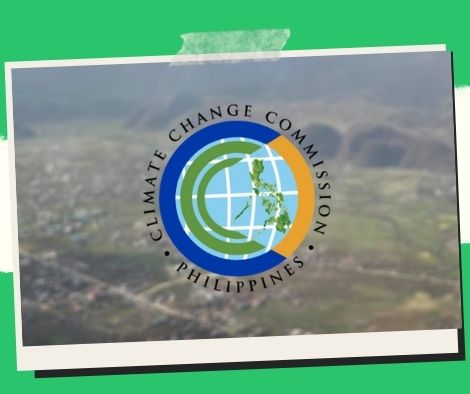
Action strategies are provided by NPTE for each recognized climate risk.
Action plans based on science and the local environment are essential for tackling the country’s deteriorating climate change effects.
This was brought up at the 11th National Panel of Technical Experts (NPTE) Forum, where participants suggested specific steps to take in order to address the top ten climate threats in the Philippines.
To assist the federal, state, and local governments in developing science-based policies, the 16-member panel provided ideas and action plans for each risk that was identified.
“The NPTE members will work with various entities, such as government agencies, civil society organizations, private and public education institutions, and local government units, to undertake science-based climate change adaptation, mitigation, and disaster risk reduction and management action plans in order to deal with and find appropriate and sustainable solutions to the issues caused by the economic and non-economic impacts of climate change,” said Dr. Dor.
Local government units (LGUs) used the forum as a platform to discuss their experiences with recent severe weather occurrences that affected the nation.
The deputy chair of the House of Representatives committee on climate change, Rep. Anna Victoria Veloso-Tuazon of the Leyte 3rd District, explained that the extreme weather occurrences, which have been exacerbated by climate change, have had a significant impact on their local community.
According to the province’s disaster risk management plan, 1,090 of the 1,641 barangays, or 66.4 percent of them, are flood-prone. In addition, 29 of the coastal municipalities, including five in Tuazon’s district, are storm surge-prone, as are all three cities.
Floods and rain-induced landslides have a significant negative impact on the area’s fundamental social services, primary means of subsistence (agricultural and fishing), as well as infrastructure development.
One of the ten threats caused by a changing climate that the NPTE highlighted is flooding.
Other dangers include those related to rising sea levels, coastal erosion, tropical storm frequency, and intensity, extreme droughts, temperature rises, rising urban heat indexes, extreme rainfall, diseases influenced by the climate, shifting wind patterns, and loss of biodiversity.
Losses and damage of over PHP515.51 billion (USD10.6 billion) have already been ascribed to climate hazards in the nation between 2010 and 2020.
Tuazon emphasized the significance of technical guidance from regional scientists and academicians, particularly in the fields of marine spatial planning, riverbank stabilization, agroforestry development, upland reforestation, and mangrove protection and management, in order to anticipate and adapt to the effects of climate change.
She mentioned that data collection is essential for creating risk management and science-based plans for climate change adaptation.
Because we have the data to base our discussions of loss and damage on, as well as the financial and technological mechanisms to prevent or reduce risk and recover quickly, “our discussion of adaptation implies that we know our problem, we have our benchmarks, and we can start developing policies and the solutions for adaptation,” she continued.
A number of famous scientists were also present at the conference, including Dr. Faye Abigail Cruz, who gave an overview of the IPCC’s 6th Assessment Report, and Dr. Rosa Perez, who gave an overview of the loss and damage scenario in the Philippines.
To emphasize the significance of translating science into local action toward climate resilience, the forum brought together state universities and colleges, higher education institutions, local government unit representatives, and several national government agencies, both in person and online.
“It is crucial that we can continue to develop and reinforce local capacities to carry out climate action in various domains. Robert EA Borje, vice chair and executive director of the Climate Change Commission declared that “life, livelihood, and the future are at stake.”
The 15th Annual Global Warming and Climate Change Consciousness Week was commemorated with the 11th NPTE Forum on November 23 at the Novotel Manila (CCC Week 2022).
CCC Week 2022, with the theme “Sama-samang Tumutugon sa Hamon ng Nagbabagong Klima,” brings together different environmental and climate change stakeholders in the Philippines in an effort to turn climate change commitments into actions for a climate-smart and climate-resilient Philippines.
Save/Share this story with QR CODE
Disclaimer
This article is for informational purposes only and does not constitute endorsement of any specific technologies or methodologies and financial advice or endorsement of any specific products or services.
 Need to get in touch?
Need to get in touch?

We appreciate your reading. 
1.) 

Your DONATION will be used to fund and maintain NEXTGENDAY.com
Subscribers in the Philippines can make donations to mobile number 0917 906 3081, thru GCash.
3.) 
4.) 
AFFILIATE PARTNERS

World Class Nutritional Supplements - Buy Highest Quality Products, Purest Most Healthy Ingredients, Direct to your Door! Up to 90% OFF.
Join LiveGood Today - A company created to satisfy the world's most demanding leaders and entrepreneurs, with the best compensation plan today.

 Business, Finance & Technology
Business, Finance & Technology




